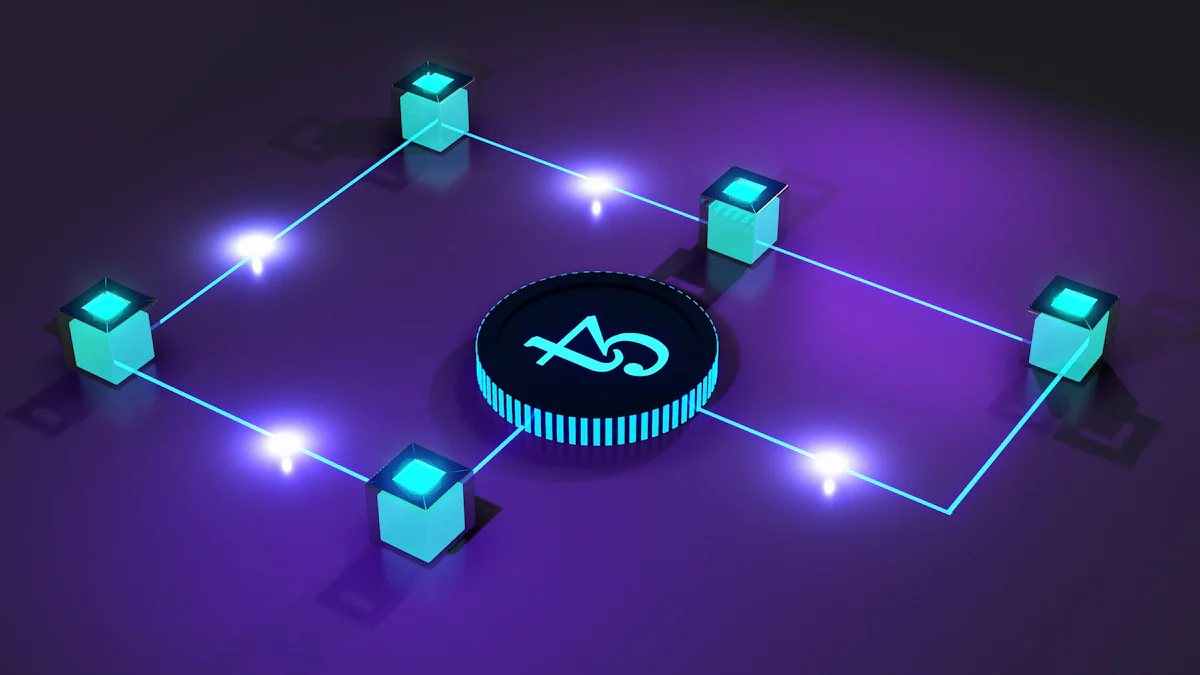Understanding Consensus Mechanisms in Blockchain Technology

Understanding Consensus Mechanisms
Blockchain technology operates on the foundation of a consensus mechanism, which serves as an agreement protocol or consensus algorithm. This mechanism is pivotal in validating and adding transactions to the ledger, ensuring the integrity and security of the entire network. Through the consensus mechanism, blockchain networks can achieve decentralized consensus, enabling transparent and trustworthy transaction verification and recording.
Consensus Mechanism Security
Importance of Security
Maintaining the security and integrity of blockchain networks is a fundamental aspect of consensus mechanisms. By implementing robust security measures, consensus mechanisms prevent unauthorized access and ensure the trustworthiness of the entire network. Security within the context of consensus mechanisms is essential for safeguarding sensitive transactional data and maintaining the reliability of the blockchain network. Without stringent security protocols, the risk of fraudulent activities and unauthorized alterations to the ledger would significantly increase, potentially compromising the entire system's integrity.
Role of Encryption
Encryption serves as a critical component in ensuring the security of transactions within the consensus mechanism. Through advanced encryption techniques, sensitive data transmitted across blockchain networks is protected from unauthorized access and malicious activities. The utilization of encryption within consensus mechanisms not only secures individual transactions but also contributes to upholding the overall integrity and reliability of blockchain networks, fostering trust among participants and stakeholders.
Preventing Network Issues
Network Forks
Network forks occur when a blockchain splits into two separate chains due to a change in the consensus rules, leading to potential disruptions and inconsistencies in the network.
Consensus mechanisms play a crucial role in preventing network forks by ensuring that all participants agree on the validity of transactions and the rules governing the blockchain. This helps maintain the stability and continuity of the blockchain network, preventing diverging paths that could compromise its integrity.
Enhancing Reliability
The reliability of a blockchain network is paramount for its successful operation and widespread adoption. Consensus mechanisms significantly contribute to enhancing reliability by minimizing potential disruptions that could arise from conflicting transactions or unauthorized changes to the ledger.
By establishing a clear agreement protocol, consensus algorithms reduce the risk of network issues, thereby fostering an environment where participants can confidently engage in transactions with minimal concerns about system reliability. This ultimately enhances trust and confidence in the blockchain network's operations.
Blockchain Expert: "Consensus mechanisms act as a safeguard against network forks, providing a secure foundation for reliable transaction validation and ledger maintenance."
Distributed Accounting Mechanisms
Transparency and Accountability
- Distributed accounting mechanisms are designed to ensure transparency and accountability throughout the blockchain network. The decentralized nature of these mechanisms means that transaction records are openly accessible, fostering an environment of trust and reliability. Participants can verify transactions independently, knowing that the information is not controlled by a single entity. This transparency enhances the overall integrity of the network, as all transactions are visible and traceable, contributing to a higher level of trust among users.
Blockchain Expert: "The decentralized nature of distributed accounting mechanisms promotes transparency and accountability, key elements in establishing trust within blockchain networks."
Efficiency and Consistency
- In addition to promoting transparency, distributed accounting mechanisms significantly contribute to the efficiency and consistency of transaction validation within blockchain networks. By leveraging consensus mechanisms as part of their operation, these accounting mechanisms ensure that transactions are accurately recorded and validated consistently across the entire network. This consistency is vital for maintaining a reliable ledger that reflects the true state of transactions without discrepancies or errors.
These distributed accounting mechanisms play a pivotal role in upholding the accuracy and reliability of blockchain networks, ultimately contributing to their widespread adoption and utilization.
Key Role of Consensus Mechanisms
Consensus mechanisms serve a pivotal role in ensuring the security and efficiency of blockchain networks. By acting as an agreement protocol or consensus algorithm, these mechanisms establish a foundation for transparent and trustworthy transaction validation and recording. Understanding the key role of consensus mechanisms is essential for comprehending the robust security measures and decentralized consensus achieved within blockchain networks.
Blockchain Expert: "Consensus mechanisms are the backbone of blockchain security and reliability, providing a secure framework for validating transactions and maintaining the integrity of the ledger."
